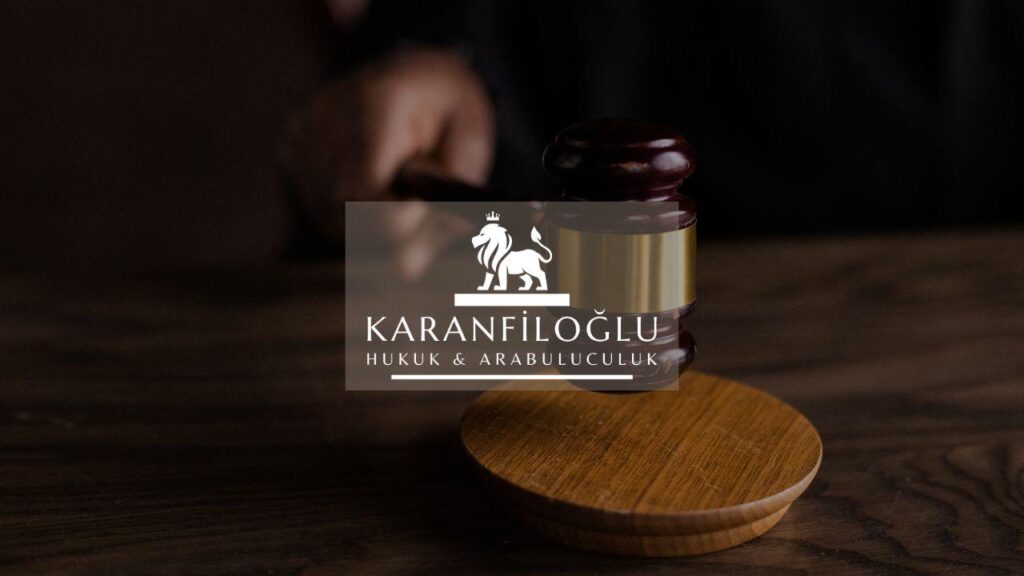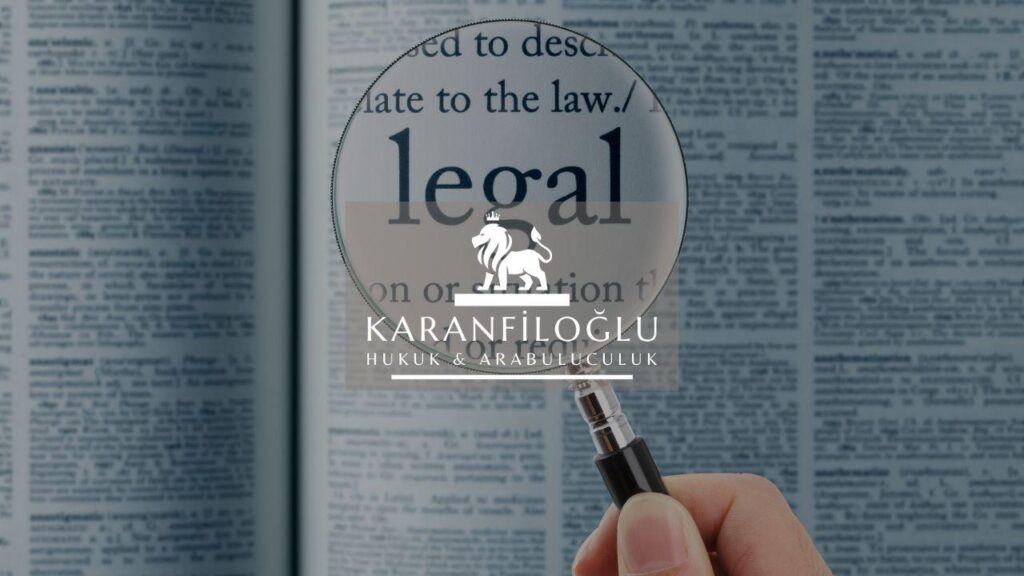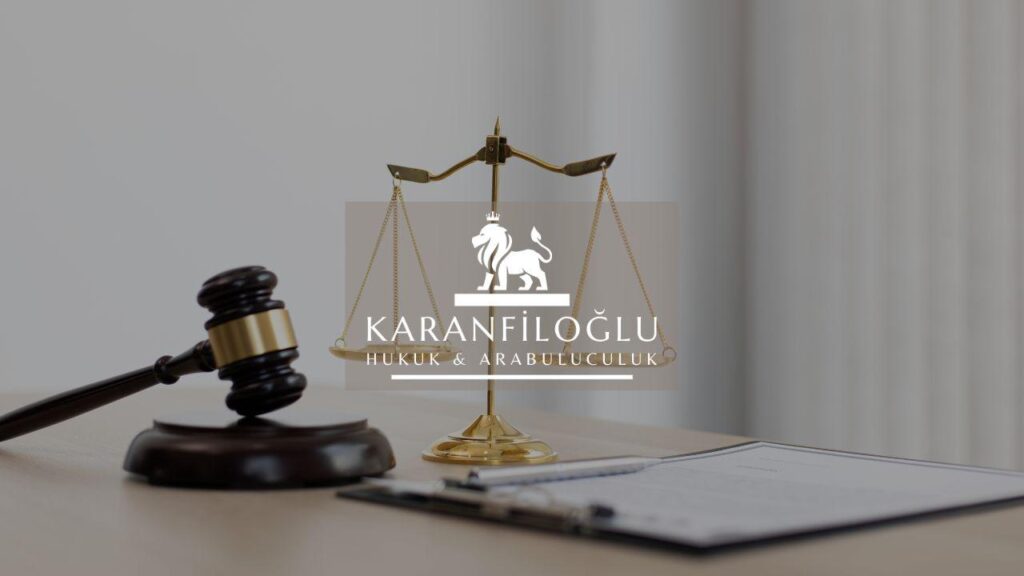Divorce mediation serves as a viable alternative to contentious court proceedings for resolving marital issues in Turkey, offering a path to amicable resolutions through a collaborative process. At Karanfiloglu Law Office, we recognize that divorce can be a challenging experience, and mediation provides a confidential and informal setting where parties can resolve their disputes with the assistance of a neutral third-party mediator. In Turkey, mediation is governed under the Turkish Mediation in Civil Disputes Law No. 6325, which outlines the procedure and encourages a voluntary approach to dispute resolution. Article 35/A of the Turkish Civil Code also supports mediation as a method for spouses to reach mutually agreeable settlements concerning property division, child custody, and support arrangements. By choosing mediation, couples are empowered to create solutions tailored to their unique situation without the adversarial nature of courtroom battles. Our experienced team at Karanfiloglu Law Office is committed to guiding clients through this sensitive process with professionalism and care.
Benefits of Divorce Mediation in Turkey
Divorce mediation in Turkey offers numerous benefits to couples seeking to resolve their issues without resorting to prolonged court battles. One of the primary advantages is the preservation of privacy, as mediation sessions are confidential under Article 4 of Law No. 6325, ensuring that sensitive information remains protected and outside public scrutiny. Furthermore, mediation tends to be more expedient and cost-effective compared to traditional litigation, allowing spouses to save both time and financial resources while working towards a settlement. The process is also flexible, giving both parties the opportunity to actively participate in crafting agreements that best suit their individual circumstances, which may lead to greater satisfaction and compliance with the final outcome. At Karanfiloglu Law Office, we believe that mediation offers an empowering and supportive environment, fostering constructive communication that not only addresses immediate concerns but also lays the groundwork for future interactions, particularly important when children are involved.
Another significant benefit of divorce mediation in Turkey is the emphasis on cooperation and respectful negotiation, which can be particularly beneficial in high-conflict situations. As per the objectives outlined in Article 1 of the Law No. 6325, mediation aims to reduce animosity and promote understanding, fostering a more harmonious post-divorce relationship. This aspect is crucial when children are involved, as it encourages parents to communicate effectively and establish a co-parenting plan in the best interest of their children. Furthermore, by focusing on shared goals and mutual interests, mediation helps preserve familial relationships that might deteriorate through adversarial litigation. At Karanfiloglu Law Office, we guide our clients through mediation with an emphasis on collaboration, ensuring that both parties feel heard and respected, which can be instrumental in achieving lasting and mutually beneficial agreements. This approach not only resolves current conflicts but also equips individuals with conflict resolution skills for future interactions.
In addition to fostering cooperation, divorce mediation in Turkey aligns with cultural values by encouraging reconciliation and facilitating an amicable separation process. According to Article 376 of the Turkish Civil Code, mediation is designed to allow parties to reconsider their positions and potentially reconcile, reflecting the societal emphasis on preserving familial harmony. Even when reconciliation isn’t the final decision, mediation’s structured yet informal environment supports negotiated settlements that respect each party’s cultural and personal values. This culturally sensitive approach can ease the emotional burden of divorce, further underscoring the benefits of mediation over traditional court proceedings. At Karanfiloglu Law Office, we prioritize understanding and addressing our clients’ unique cultural contexts, enabling them to transition to the next chapter of their lives with dignity and respect. Our tailored mediation services are committed to delivering equitable outcomes that honor both the spirit of the law and the intricate nuances of each client’s situation.
Legal Framework for Divorce Mediation
In Turkey, the legal framework for divorce mediation is primarily established under the Mediation in Civil Disputes Law No. 6325, which was enacted to encourage the resolution of civil disputes, including family law matters, through a structured yet flexible mediation process. This law provides the foundation for mediation, ensuring that sessions remain confidential and voluntary, crucial aspects that promote open communication between spouses. Additionally, Article 36 of the same law specifies that any agreement reached through mediation, which is signed by the parties and approved by a court, has the same enforceability as a court judgment. This legal assurance allows parties to formalize their mutually agreed-upon resolutions, encompassing aspects like asset division and parental responsibilities, without the need for a protracted legal battle. Our team at Karanfiloglu Law Office leverages this structured framework to facilitate harmonious and personalized settlements, ensuring compliance with legal standards while respecting the unique dynamics of each case.
The Turkish Civil Code, particularly in Article 184, plays a significant role in underlining the provisions relevant to the personal and communal aspects of a marriage, which can be addressed amicably through mediation. This article emphasizes the importance of mutual consent in matters concerning divorce, reflecting the principles that underpin successful mediation. Furthermore, mediation aligns with the goals highlighted in Article 166, where the Civil Code outlines the necessity for understanding and compromise between parties to facilitate a fair divorce proceeding. By incorporating these articles, mediation allows couples to address critical issues like alimony, child support, and visitation rights in a respectful manner, minimizing conflict and fostering cooperation. The legal mechanisms in place not only support but also encourage this approach as a valuable alternative to exhaustive litigation, with Karanfiloglu Law Office providing the expertise to navigate such matters both within and beyond the courtroom.
By integrating mediation into divorce proceedings, Turkish law effectively empowers couples to resolve their differences through structured dialogue, leading to more satisfactory outcomes. The provisions within the Mediation in Civil Disputes Law No. 6325 and relevant articles of the Turkish Civil Code advocate for mediation as it mitigates the emotional and financial toll often associated with traditional divorce litigation. It’s noteworthy that mediation’s focus on mutual consent and cooperation not only expedites the process but also fosters a continuing amicable relationship between parties, particularly important when children are involved. This approach also aligns with international practices, emphasizing the role of mediation in promoting family welfare and reducing the adversarial nature of divorce. At Karanfiloglu Law Office, we are dedicated to supporting our clients through this journey, ensuring that their rights and interests are protected while encouraging peaceful resolution and future co-parenting cooperation. Through our expertise, we aim to make the divorce process less daunting, prioritizing the well-being of all involved.
Choosing the Right Mediator for Your Divorce
Selecting the appropriate mediator for your divorce is a critical step in facilitating a productive and harmonious mediation process. In Turkey, according to the Turkish Mediation in Civil Disputes Law No. 6325, it is essential that mediators possess the required qualifications, including professional training in mediation and a background in law, ensuring they can effectively guide parties towards resolution. Mediators listed in the official registry, maintained by the Ministry of Justice, are deemed to have met these stringent criteria. At Karanfiloglu Law Office, we believe the mediator’s expertise in family law and their ability to remain impartial and patient significantly impacts the process’s success. A well-chosen mediator helps parties communicate effectively, allowing both spouses to express their concerns and desires openly, ultimately leading to more satisfactory and equitable agreements.
When choosing a mediator for your divorce, consider their experience and approach to mediation. Experienced mediators, such as those at Karanfiloglu Law Office, bring a wealth of knowledge and understanding of complex family dynamics, facilitating creative solutions tailored to each couple’s specific needs. Furthermore, the mediator’s approach—whether facilitative, evaluative, or transformative—can greatly influence the mediation process. For instance, a facilitative approach emphasizes communication and negotiation, helping partners collaborate on solutions, whereas an evaluative mediator might provide more direct opinions on the likely outcomes of various decisions. Understanding these methodologies can help you choose a mediator whose style aligns with your expectations and comfort level. A mediator who aligns well with both parties can effectively manage emotional tensions and guide discussions towards constructive outcomes, ensuring the process remains focused and productive. At Karanfiloglu Law Office, we emphasize the importance of selecting a mediator who not only meets legal qualifications but also resonates with the unique needs of your situation.
Ultimately, the mediator you choose plays a pivotal role in shaping the overall tone and progress of your divorce mediation. Effective mediators, such as those affiliated with Karanfiloglu Law Office, not only adhere to the Turkish Mediation in Civil Disputes Law No. 6325 but also display keen emotional intelligence to manage sensitive discussions adeptly. This balance of legal acumen and interpersonal skills ensures that all parties feel heard and understood, enhancing the likelihood of reaching mutually satisfactory agreements. Beyond official qualifications, consider the chemistry and level of comfort you feel with your mediator, as this relationship will impact your willingness to engage openly throughout the process. Our team is dedicated to fostering a supportive and empathetic environment, which is crucial in navigating the emotional complexities of divorce, aiming to facilitate resolutions that honor each party’s needs and future aspirations.
Disclaimer: This article is for general informational purposes only and you are strongly advised to consult a legal professional to evaluate your personal situation. No liability is accepted that may arise from the use of the information in this article.







